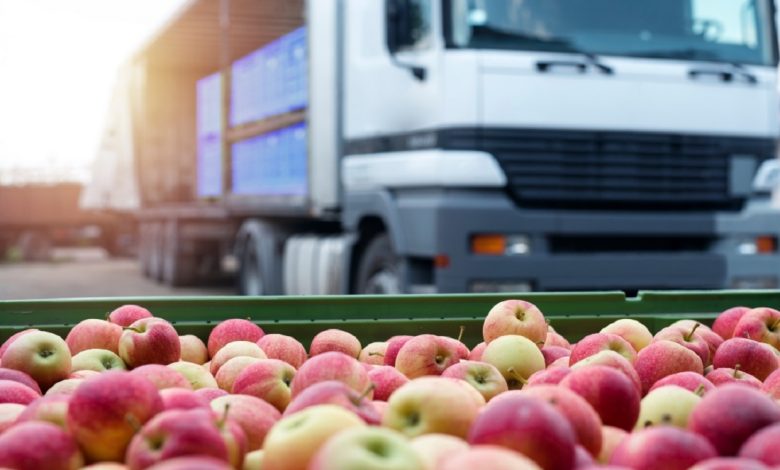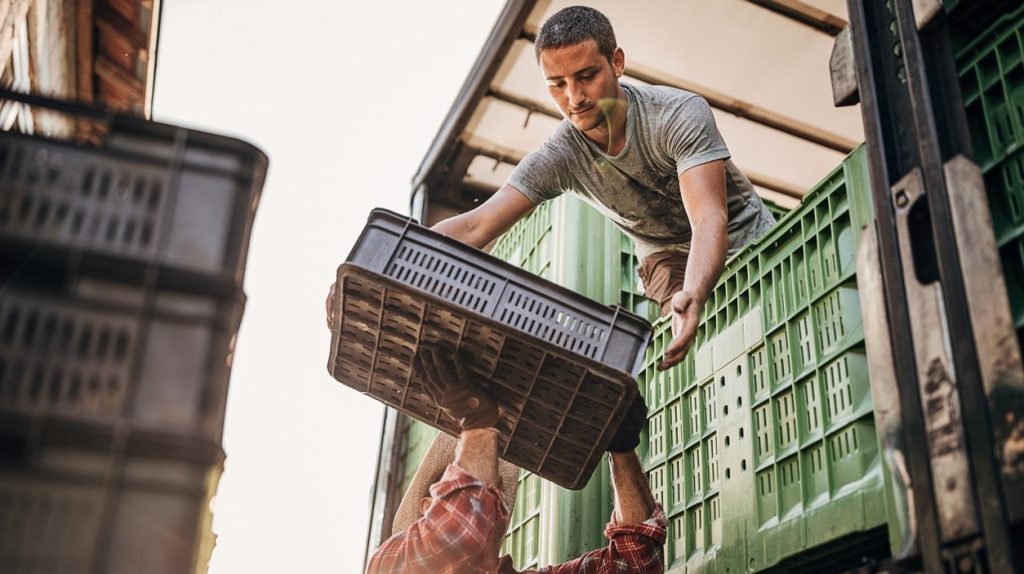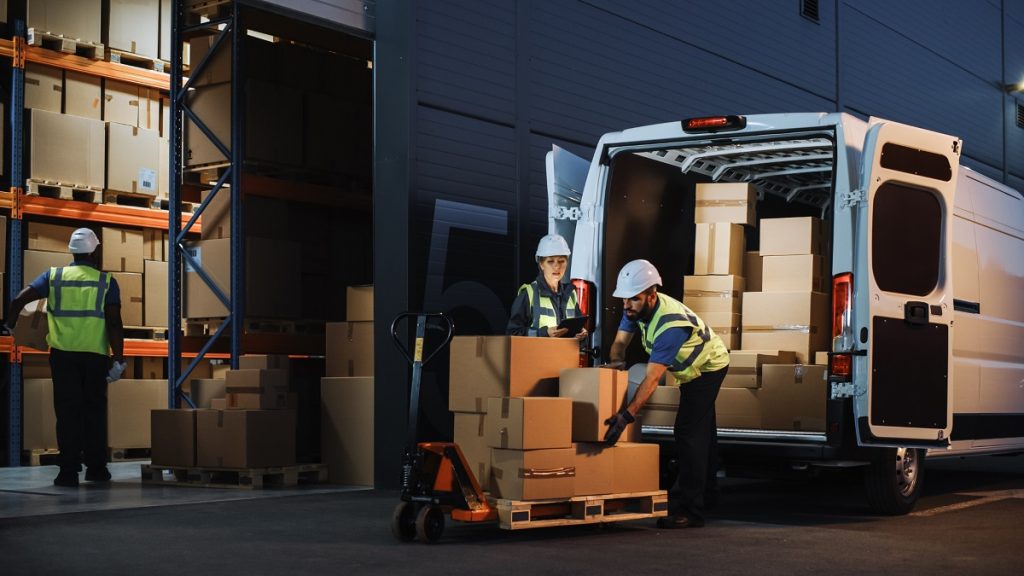Halal Food Transportation in the U.S.: Ensuring Compliance and Trust
How logistics, technology, and best practices are shaping the future of halal supply chains in America.

With the U.S. halal food sector contributing to a global industry valued at $1.3 trillion in 2023 (set to reach $2.9 trillion by 2032), transportation has become a critical but often overlooked link in the chain. A single mistake—like sharing trucks with pork or failing to maintain cleanliness—can undermine consumer trust and brand credibility.
Why Transportation Matters
Halal certification requires strict separation from non-halal goods and compliance at every step, including delivery. Yet in the U.S., where multiple certifying bodies operate with different standards, logistics companies face confusion and inconsistency.
A 2023 Halal Food Standards Alliance survey found that 72% of Muslim consumers prioritize halal certification, and 65% worry about supply chain transparency. Businesses that ensure compliant transport not only build loyalty but also gain access to premium markets at home and abroad.

Key Challenges
-
Cross-contamination risks – Shared trucks and improper cleaning can void certification.
-
Lack of unified standards – Different certifiers require different documentation.
-
Cold chain issues – Perishable halal meat and dairy demand strict temperature control.
-
Training gaps – Staff unaware of halal rules cause 40% of compliance failures.
-
Costs – Dedicated vehicles and audits raise expenses for small businesses.
Best Practices
To protect halal integrity, businesses can:
-
Work with trusted certifiers (IFANCA, HFSAA, ISNA).
-
Use dedicated or properly segregated vehicles.
-
Invest in reliable refrigeration and monitoring.
-
Train drivers and warehouse staff in halal protocols.
-
Adopt traceability tools like barcodes, blockchain, or IoT sensors.
-
Conduct regular audits and communicate transparently with consumers.

Innovation Driving the Future
Technology is transforming halal logistics. Blockchain ensures traceability, IoT sensors monitor temperature in real time, and halal-focused logistics companies are emerging to provide dedicated services. Sustainability is also gaining ground, with electric delivery vans and eco-friendly packaging aligning halal with green values.
E-commerce growth is pushing halal transportation to evolve further. Online halal retailers rely on strict logistics for last-mile delivery, ensuring consumers across the U.S.—even in rural areas—get access to trusted halal foods.
As demand grows, the U.S. halal food supply chain must evolve. Better training, more consistent standards, and investment in halal-focused transport will be key. For businesses, compliance isn’t just about religion—it’s about trust, reputation, and market opportunity in a sector expanding at over 12% annually.
Halal food transportation is more than logistics—it’s the bridge that delivers faith, quality, and confidence to every consumer.



